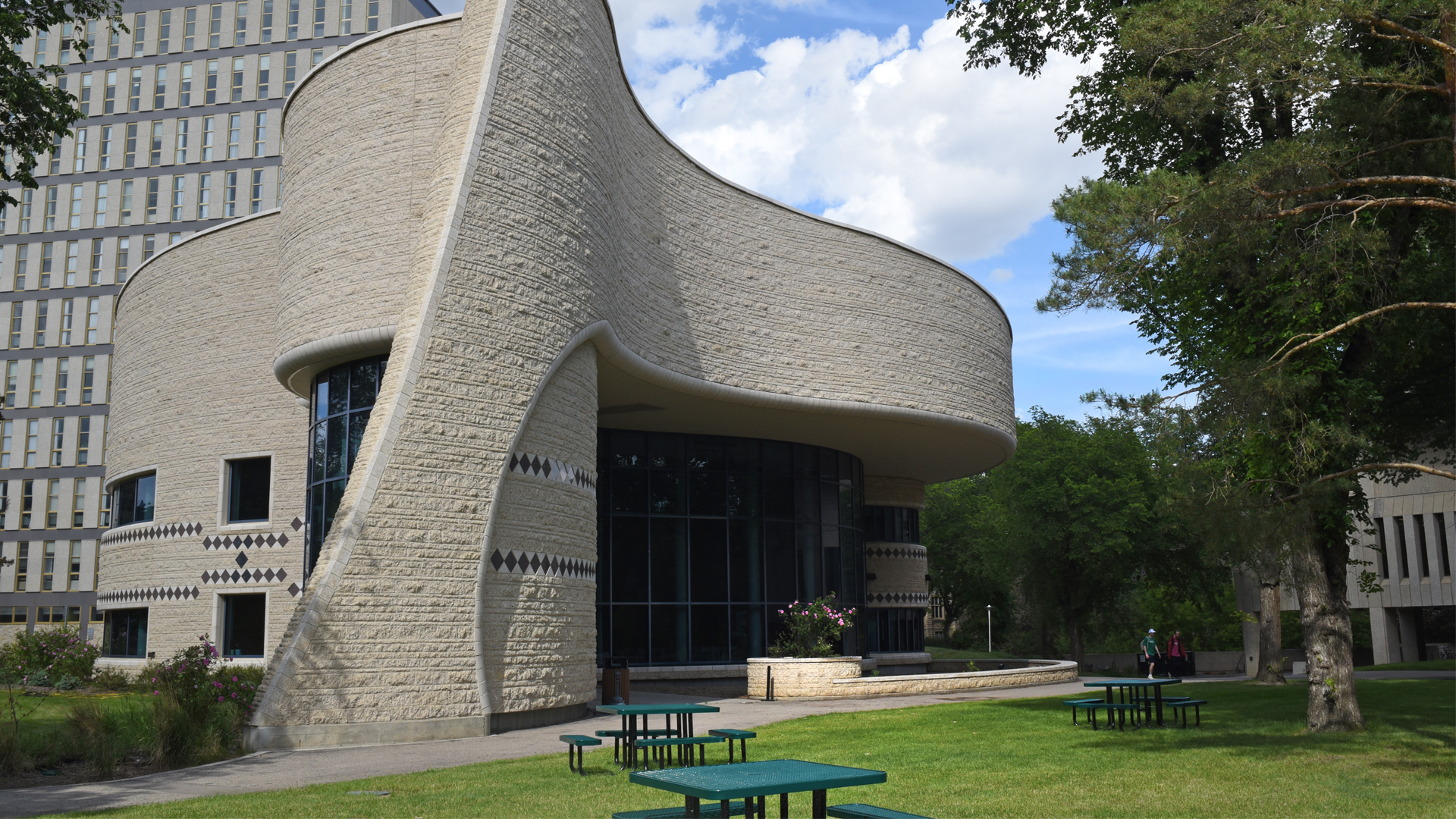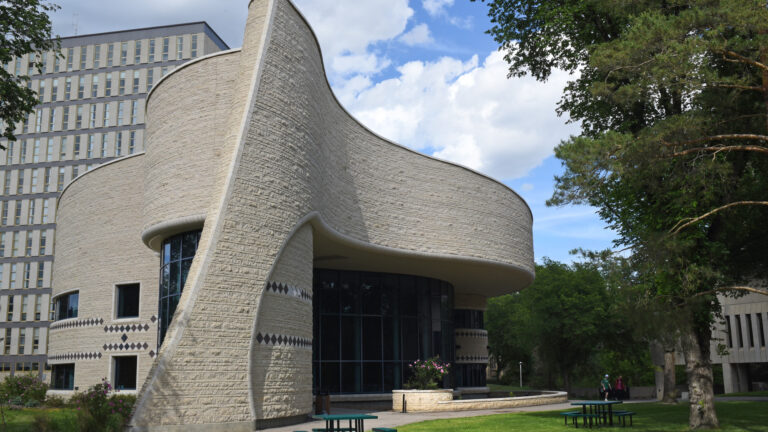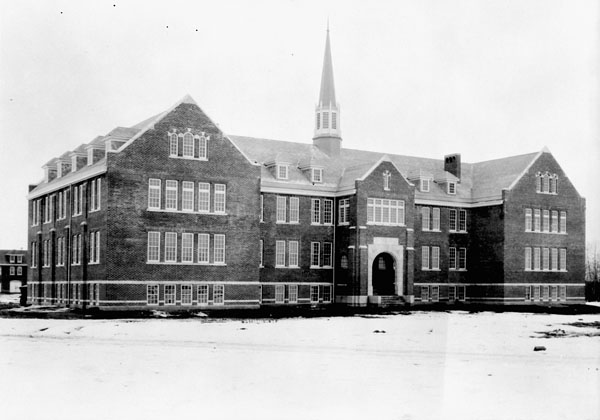Aboriginal identity should be confirmed before applications reach universities

Response to the article “The fix for pretendianism in academia requires Indigenous involvement”
Chris Andersen is to be congratulated for his excellent commentary on universities and “pretendianism.”
I absolutely agree that in that context personal identity as an Aboriginal person springs from family and local community relations. I also agree that the current focus on recognizing “paper Indians” or “paper Métis” based upon a discovery of an Aboriginal ancestry is problematic.
As I have proposed in another context, being Métis is not so much about who you are as an individual as it is about having kin or family relationships within a Métis community. It is not so much about your individual ancestry as it is about sharing in the common heritage of the people to which you belong.
The idea of university selection committees incorporating Aboriginal persons, however, may overlook or underestimate the challenges created when universities’ legitimate concern in identifying Aboriginal candidates inevitably engages them in Aboriginal politics in which universities are neither competent nor legitimate participants.
The fundamental issue of Aboriginal recognition is far from resolved at the constitutional and political level. References to “citizenship” and “Indigenous sovereignty” in the commentary imply that the university is a proper and legitimate participant in the politics of state-Aboriginal relations.
It is better to get confirmation of an individual Aboriginal identity by direct reference to the family or local community upon which the applicant’s identity must be based. The concept of subsidiarity promotes this approach and avoids the involvement of the university in a complex, dynamic and developing process of constitutional, political and policy evolution.
Obtaining confirmation from family and community for individual job applicants has far fewer challenges than those likely to result from universities arrogating to themselves the role of recognizing and establishing Aboriginal representative legitimacy.
Paul Chartrand is a Métis from St. Laurent, Manitoba. He has been department head of native studies at the University of Manitoba, professor of law in Canada and Australia, a commissioner on Canada’s Royal Commission on Aboriginal Peoples 1991-96, and on Manitoba’s Aboriginal Justice Implementation Commission 1999-2001. He represented the Métis National Council at the United Nations until 2006.
Do you have something to say about the article you just read? Be part of the Policy Options discussion, and send in your own submission. Here is a link on how to do it.
Categories:
You are welcome to republish this Policy Options article online or in print periodicals, under a Creative Commons/No Derivatives licence. Photographs cannot be republished.
Republish this article
Aboriginal identity should be confirmed before applications reach universities
by Policy Options
Originally published on Policy Options
June 20, 2025

This work is licensed under a Creative Commons Attribution-NoDerivatives 4.0 International License.









